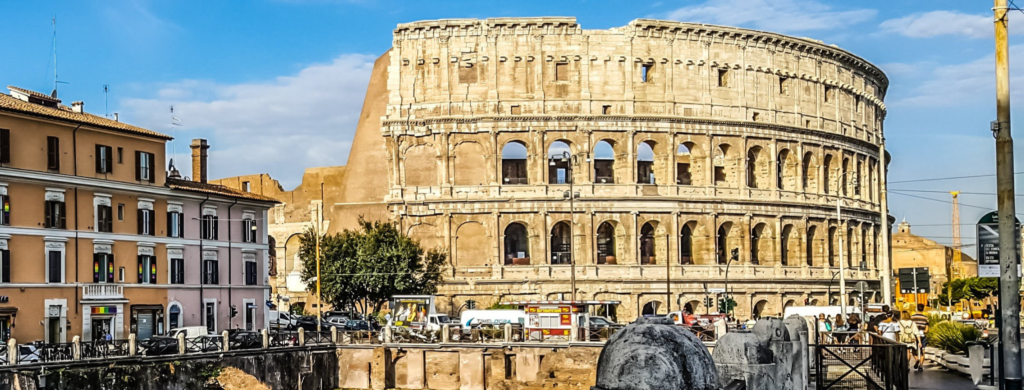
Known as one of the most powerful empires in the history of the world, the Roman Empire was, and still is, legendary. It was so well known that countries would pledge allegiance, agreeing to payment of taxes, even before Roman soldiers would enter their lands. The people of the first century AD were terrified of Rome because the leaders knew what they were doing.
Business owners today can take away several tips from the Roman leaders about the best ways to run an organization. (Just avoid Rome’s slip ups that caused the famous empire to fall, and you should be fine.)
Business Lessons from the Roman Empire
Centralized Authority and Governance:
The Roman Empire was characterized by a centralized government with a strong leadership structure. In a business context, having a clear and decisive leadership can be beneficial. A centralized authority can ensure effective decision-making, streamlined communication, and consistent implementation of strategies. This helps maintain a unified direction and purpose for the organization.
Infrastructure Development:
Romans were known for their advanced engineering and infrastructure projects, such as roads, aqueducts, and buildings. Similarly, businesses can benefit from investing in robust infrastructure, both physical and digital. This includes efficient supply chain systems, technological capabilities, and well-designed facilities. A strong foundation allows for smoother operations and scalability.
Cultural Adaptability:
The Roman Empire was vast and diverse, encompassing various cultures and regions. Successful businesses today often operate in global markets with diverse customer bases. Learning from Rome, adapting to different cultural contexts can be essential for success. This involves understanding and respecting local customs, preferences, and market nuances to tailor products or services accordingly.
Military Strategy and Risk Management:
The Romans were known for their strategic military planning and disciplined armies. In the business world, adopting a strategic approach to risk management is crucial. This includes assessing potential threats, having contingency plans, and maintaining a disciplined and agile organization. Being prepared for unexpected challenges helps a business navigate uncertainties and ensures long-term sustainability.
Economic Stability and Trade:
The Roman Empire facilitated trade and economic growth across its vast territories. Businesses can learn from this by actively participating in global trade and fostering economic stability. Diversifying markets, establishing trade partnerships, and adapting to economic changes contribute to the long-term success of a business. A well-balanced and diversified economic approach can mitigate risks and enhance overall resilience.



